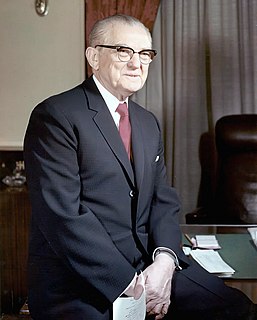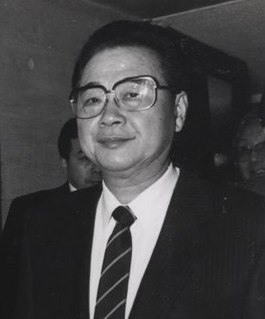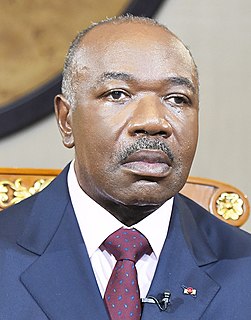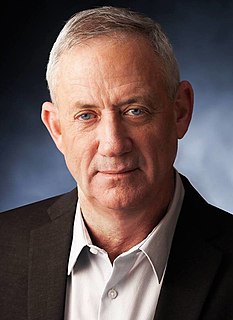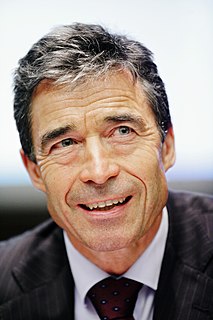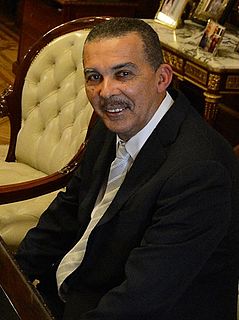A Quote by John C. Stennis
Freedom of navigation through international waterways is critical to the international community and to nations in the region, including Iran.
Related Quotes
Here's something that I believe we have to do as we put together an international coalition, and that is we have to understand that the Muslim nations in the region - Saudi Arabia, Iran, Turkey, Jordan - all of these nations, they're going to have to get their hands dirty, their boots on the ground. They are going to have to take on ISIS.
Since 1981, after our nations severed diplomatic relations, we've worked through a international tribunal to resolve various claims between our countries. The United States and Iran are now settling a long-standing Iranian government claim against the United States government. Iran will be returned its own funds, including appropriate interest but much less than the amount Iran sought. With the nuclear deal done, prisoners released, the time was right to resolve this dispute as well.
Without a deal [with Iran], the international sanctions regime will unravel with little ability to reimpose them. With this deal, we have the possibility of peacefully resolving a major threat to regional and international security. Without a deal, we risk even more war in the Middle East and other countries in the region would feel compelled to pursue their own nuclear programs, threatening a nuclear arms race in the most volatile region in the world.
